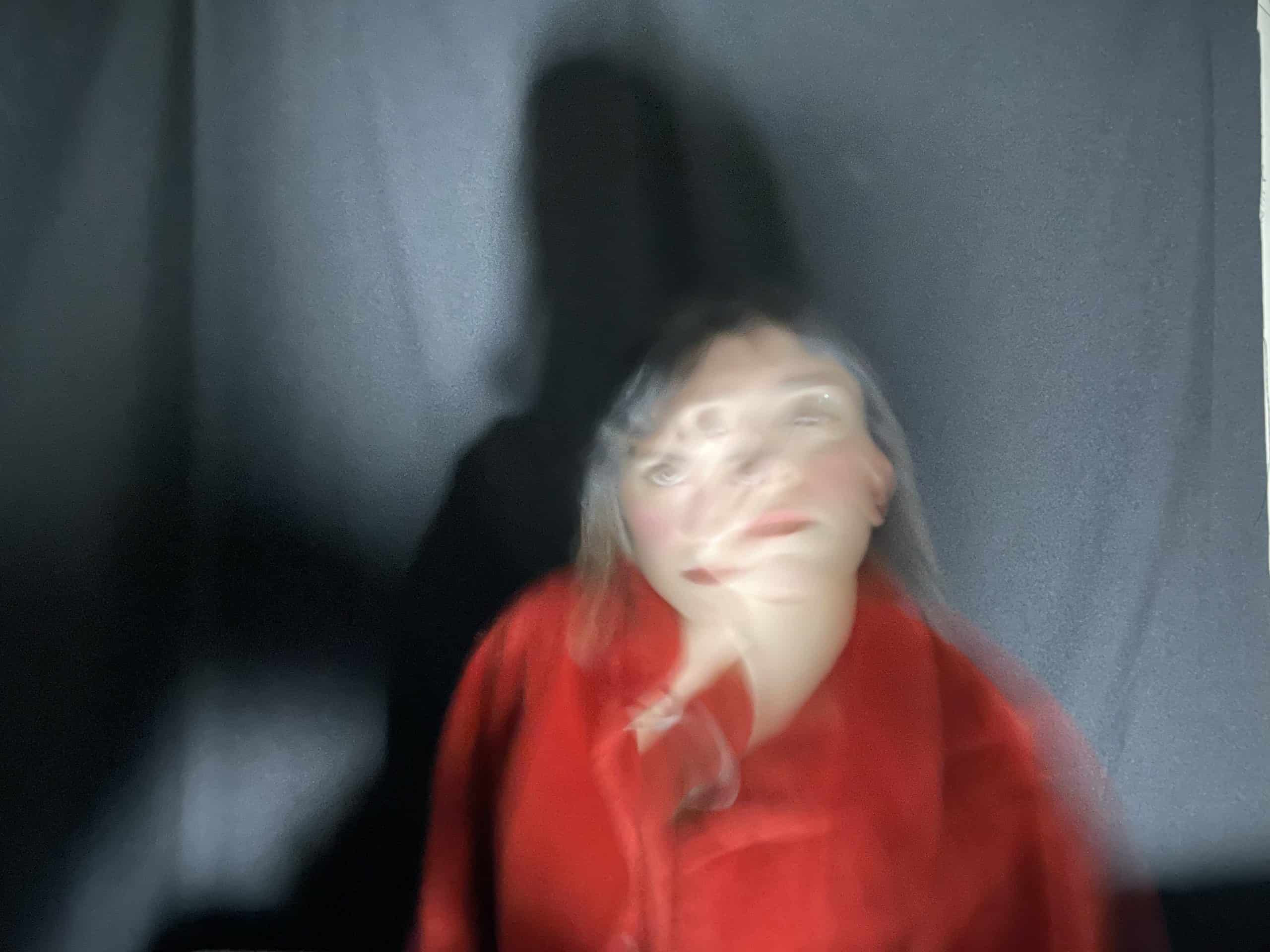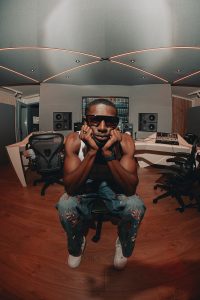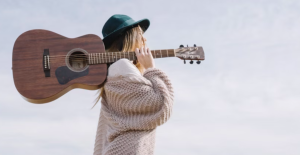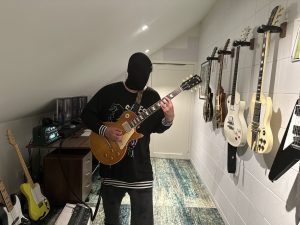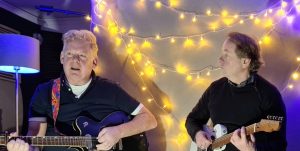When music meets the soul, something truly magical happens. GINTSUGI, the talented singer, multi-instrumentalist, and producer, has unveiled her latest masterpiece, ‘The Elephant in the Room’. We got to chat with the artist around this release about her artistry, new album and goals.
– Can you tell us about the inspiration behind your new album, “The Elephant in the Room”? What motivated you to create this particular body of work?
I never really stop writing since the first EP, so it was like the ‘normal’ thing to do for me. Some songs in the album, like Hex, are very old, they were actually written as the same time as the songs of my first EP Gintsugi. I think that what the arrangement show is how I’ve developed my style of production into a much layered one.
Also in this album there is the desire to connect much more to the world, to speak about things at the present tense. In my first EP I was very much concerned about the past, the memory that past experiences leave on the body. This work is more about the present and its struggles.
– The album features a variety of themes and emotions. Could you elaborate on some of the key themes and messages you wanted to convey through your music in this album?
To me this album is really like a dive, a travel into different states, a bit of a rollercoaster. It’s a struggle, but also with moments of absolute beauty, as walking for days through the desert – or living through climate catastrophe.
– Can you describe your creative process when working on this album? How did you go about writing and recording the tracks?
I started writing in a very sparse way. This is my usual process where sometime melodies come up to my mind and I record them, to work with them afterwards. I actually have more to sort out !
Then I produced at my place all the instrumentals and recorded the voices. We re-recorded the voices at Beautiful Losers label headquarters in a very short time afterwards.
Most of the production was made in a very long time, bit by bit, and at home. I was nourished by taking classes of production, I think some ideas wouldn’t have come up if I didn’t have at my disposal such a large sound bank. Also it was a moment where I was very much inspired by music for films.
What I feel works for now to me, is taking an emotion and expand it to create a story or poetry around it. It became actually a bit of a method to create and build up songs.
– The album cover, featuring a woman in dialogue with a huge elephant, is quite intriguing. What does this imagery symbolize, and how does it tie into the album’s title?
I found funny to represent the idiomatic expression “the elephant in the room” with its literal representation. The cover was made by Giuliano Sgroi that works with 3D animation.
My first idea was to represent a woman in a room, which is the only one that seems to acknowledge a huge elephant. Quite literal, but it didn’t sound redundant to me. After all it’s representative of what the album is about; it often goes into complex territories as climat change (we all know a huge problem is there, yet so little gets done) as well as other questions like the narcissism of world leaders (and also other “successful” people that, in reality, make the life of those closer to them miserable), forbidden love, and so on.
I like to speak about things that I myself have a hard time to verbalise, either ’cause they are taboo and/or because I think the consequences would not be great. But what one can’t say, one can sing. We discussed the topic, and the cover art took this minimalistic but esthetically compelling form, following also Giuliano’s artistic drive.
– Your music has been described as a fusion of art/pop and post-rock. Can you tell us more about the musical elements and genres that influenced the album’s sound?
When I started I was hugely influenced by the 90s and I think I still am. I am a child of the 90s. I grew up listening to 90s grunge and alternative rock, Radiohead, Nirvana, CCCP, and also 80s singer and artists like Kate Bush, David Bowie. I was very much eclectic in my musical taste but I always tended a little bit more to the obscure and cathartic side of it – also towards artists that for me where expressing things one has very much trouble to express in a socially acceptable way. For me the lyrics are very important in a song, as well as the emotional implication of the singer.
Much later I was a huge fan of Anthony and the Johnsons, Placebo. They are different genre-wise but we could say but they have this thing in common of magnifying and making the expression of one’s wounds beautiful, vulnerable, something that one can relate to, and not be ashamed of.
When I started then writing, much more recently, I had some huge fixations on Pj Harvey, Placebo, then Agnes Obel. For different reasons those artists seem to really inspire me, for the way they have of composing, of using their voice, and of performing live.
– As you look ahead to the release of this album, what are your hopes and expectations for how listeners will connect with your music and the messages it carries?
I’d love for listeners to connect emotionally to the music. One thing that I find beautiful about songs is that you can be drawn in without even understanding rationally what it’s about, but on some other level it communicates because either the voice of the performer or the production or both can produce an emotional link . Then from there, you can go deeper, read the lyrics, relate to it in a more narrative way. But at the beginning is always the emotion that draws you in, and so this is my hope 🙂
Listen to the beautiful album below:
